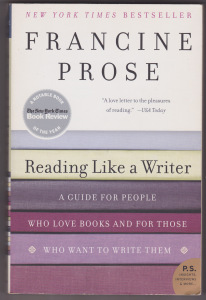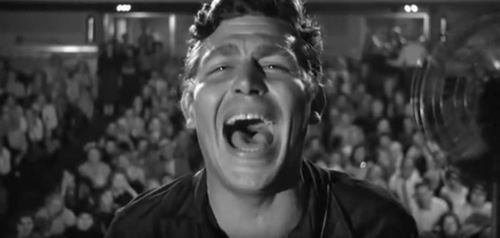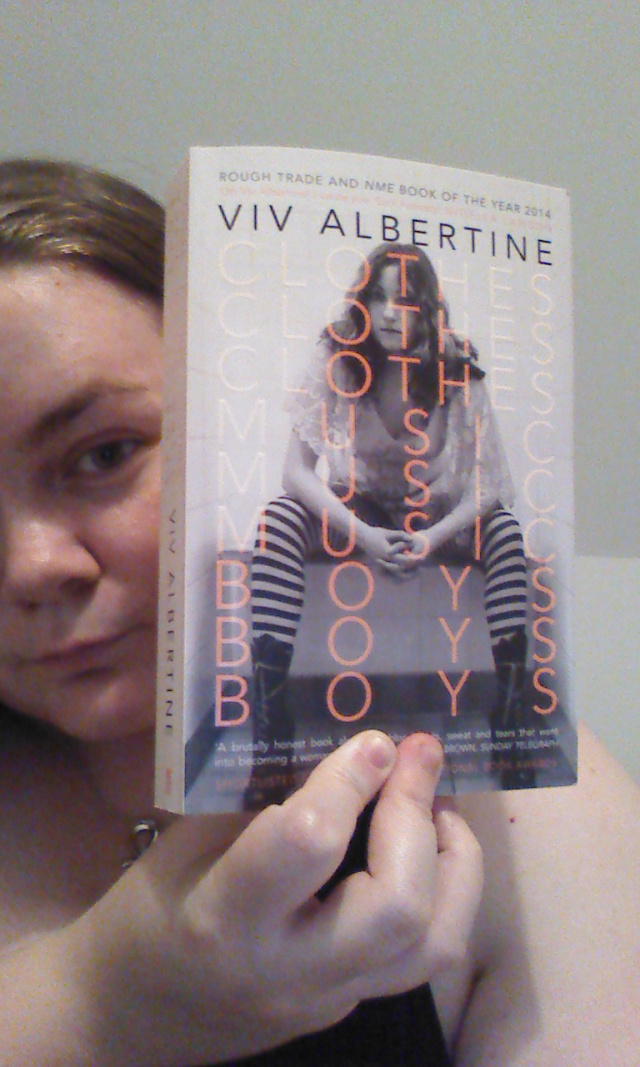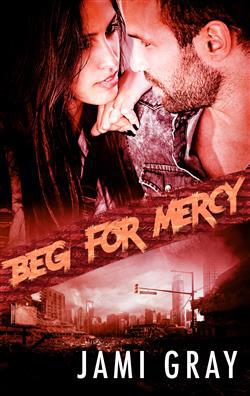
In her, to me, fascinating book, Reading Like a Writer, Francine Prose retells the story of the aspiring young writer who told his agent he wasn’t really interested in what he wrote about, what he really concerned him, what he wanted to do most of all, was to write really great sentences. Promise me, the agent replied, you will never, ever say that to an American publisher.
Perhaps the writer in question, apocryphal or not, had been reading Hemingway’s account of his early writing life in A Moveable Feast – also quoted by Prose.
Sometimes when I was starting a new story and I could not get it going … I would stand and look out over the roofs of Paris and think, ‘Do not worry. You have always written before and you will write now. All you have to do is write one true sentence. Write the truest sentence you know.’ So finally I would write one true sentence, and then go on from there.
As Prose points out, that raises the question of what exactly constitutes a ‘true’ sentence. She thinks it might mean a beautiful sentence, while appreciating that such a concept is equally hard to define. For me I think it would be a combination of sound and meaning: the right rhythm, the most appropriate choice of words, the right sense of balance, all of those combined with the clearest meaning – while acknowledging there are times when that meaning will be purposefully ambiguous.
“All the elements of good writing,” Prose says, “depend upon the writer’s skill in choosing one word instead of another.” And further, “Rhythm is nearly as important in prose as it is in poetry. I have heard a number of writers say that they would rather choose the slightly wrong word that made their sentence more musical than the precisely right one that made it more awkward and clunky.”
Sometimes people ask me if also writing poetry has affected my writing of fiction; others ask, to what extent has your love of jazz – and the fact that you used to play the drums – influenced your writing? The answer to both is the same: hopefully both have helped me to develop a sense of rhythm. The Jimmie Lunceford Orchestra, pre-eminent in the States in the 30s, had as their virtual theme tune a piece called “Rhythm is Our Business”; perhaps we writers could adopt it for ourselves.
The story Prose tells about the writer and his agent reminded me of an occasion a couple of years back when I was being interviewed by fellow-writer Mark Billingham on stage at the Harrogate Crime Festival. I can’t remember Mark’s exact question – we were discussing my then latest novel, Darkness, Darkness – but my answer was something to the effect that whatever the strengths (and weaknesses) of the book might be, the greatest sense of achievement for me came from writing one single sentence that seemed to me to be just right. My publisher was in the audience and she said afterwards she’d wanted to ask what exactly the sentence was, but had refrained. Maybe just as well – few sequences of words, taken out of context – because the context within which they occur, is, of course, intrinsic to their meaning – would live up to such expectation.
This past week, labouring over the proofs of both a new novel and a new collection of short stories, I’ve had the fairly unusual experience of reading quite a lot of my own writing, some time, as it were, after the event. In part, as I’ve suggested elsewhere, this can be a fairly chastening experience, one which was occasionally redeemed for me by coming across a sentence or two which brought me up short with a sense of yes, okay, I just might be getting the hang of it after all. The three that follow are from the stories in Going Down Slow, to be published in November.
Melanie Lessing stood in the hallway, the ghost of prettiness hovering about her, anxiety startling her eyes.
Slowly, she uncurled, face turning towards the light.
She left the room and he heard the fridge door open and close; the glasses were tissue-thin, tinged with green; the wine grassy, cold.
All right, nothing to set the world on fire. But they gave me a little chill of pleasure when I wrote them and they still do. The way, in the last one for instance, both parts of the sentence, either side of the semi-colon, balance and match; the repetition in ‘green’ and ‘grassy’; the near-echo in ‘thin’ and ‘tinged’; the final emphasis of ‘cold’. That lovely bloody semi-colon.
Advertisements Share this:- More





